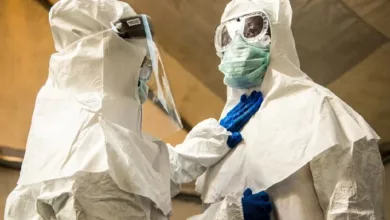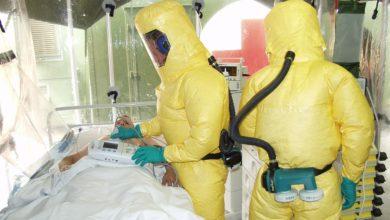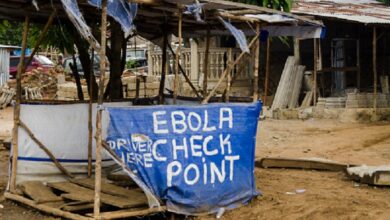Ebola “no longer incurable disease” after new medication breakthrough
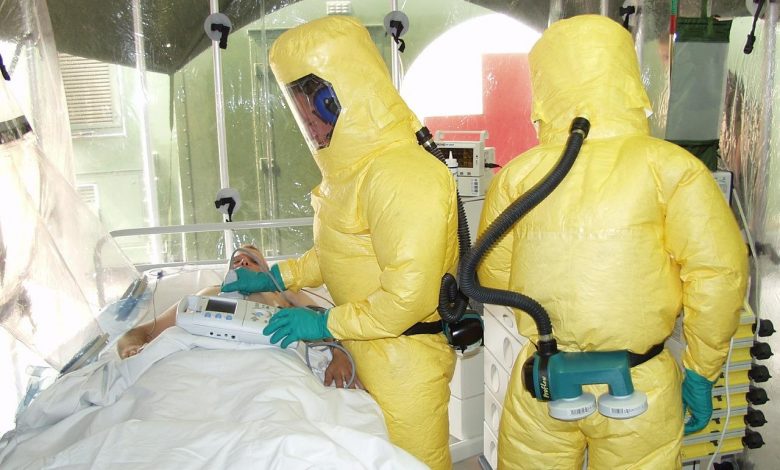
A year after the outbreak of the Ebola epidemic in the Democratic Republic of Congo (DRC), two new drugs have been developed that increase the chances of surviving Ebola patients. The virus has claimed more than 1,800 lives in Congo since the outbreak.
Ebola can no longer be labeled as ‘incurable’, scientists in The Guardian explained. Two of the four drugs tested during the Ebola outbreak in the Democratic Republic of Congo (DRC) were found to reduce mortality. On average, the virus killed half of the patients says the World Health Organization (WHO).
According to the clinical trials, more than 90 percent of Ebola patients would survive if treated at an early stage. “Thousands of lives can be saved with this development,” said Professor Jean-Jacques Muyembe, Director General of the Institut National de Recherche Biomédicale (INRB), to The Guardian.
First drugs with significant effect
The two drugs, REGN-EB3 and mAB114, attack the Ebola virus with antibodies that neutralize the impact on human cells. “These are the first drugs to show a marked decrease in the mortality rate of Ebola patients,” said Dr. Anthony Fauci, director of the American Institute of Allergies and Infectious Diseases (NIAID), to BBC News.
The clinical trials in Congo, which started in November, have now been stopped. The two medicines will now be used in all treatment centers.
Refusing treatment
One of the biggest obstacles in combating the Ebola outbreak remains that there are still a large number of Ebola patients who do not seek help and are therefore not being treated. “If they are not recorded four days after the first disease signals, the chances of survival decrease and the risk of the virus being transmitted to family and friends via body fluids,” said Dr. Michael Ryan of the World Health Organization in The Guardian.
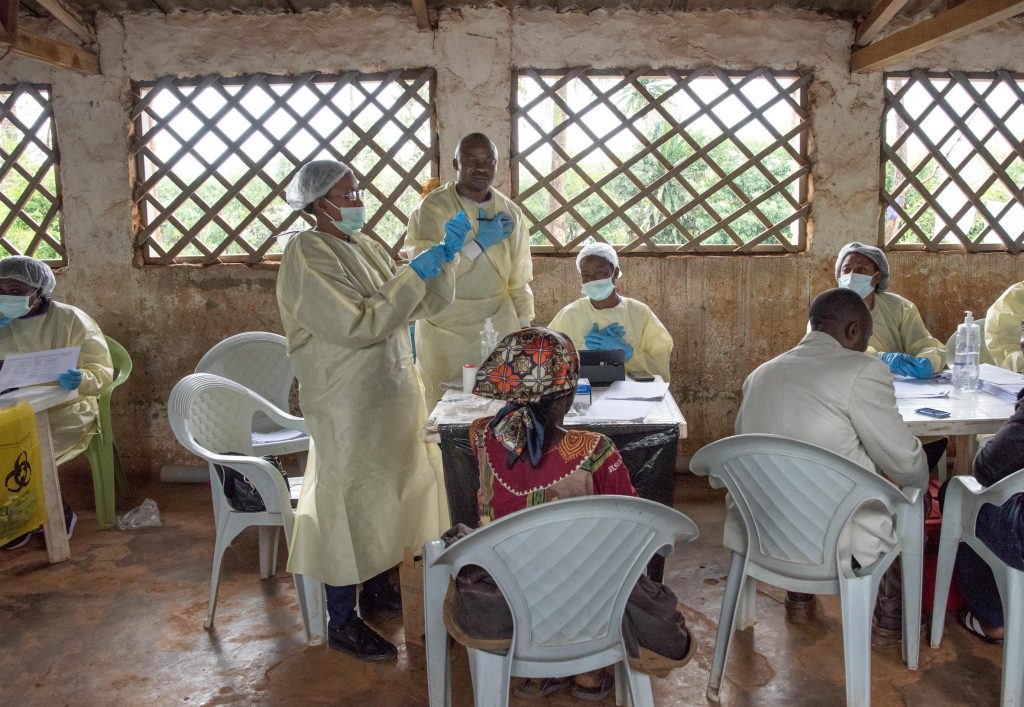
There is a feeling among the people of Congo that the virus is invincible. “Previously, up to 70 percent of Ebola patients died and many saw relatives not coming back from treatment centers,” says Professor Muyembe. But now that 90 percent of the patients being treated at the treatment centers are being healed, residents’ confidence and belief in healing are growing.
Total eradication of the Ebola virus?
“The new development will undoubtedly save lives,” says Jeremy Farrar, director of the NGO Wellcome Trust. “Scientists are coming closer to transforming Ebola into a treatable disease that can be prevented.” Farrar believes that total eradication of the virus is not yet conceivable in the future, but it is possible to prevent a small Ebola outbreak into a huge national or regional epidemic.

